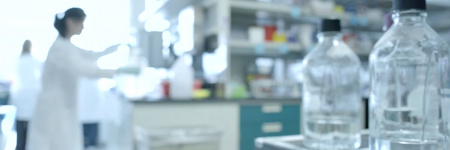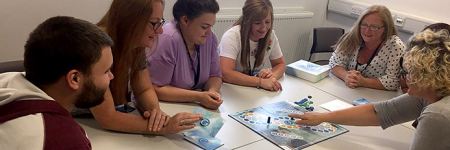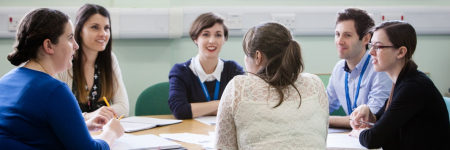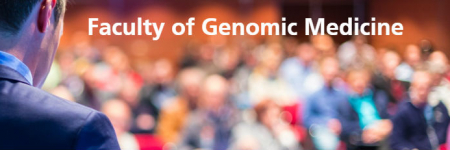Blog articles

Genome editing: 5 key questions answered
News stories in biomedicine are being dominated by genome editing, Crispr and other methods. So what's it all about, and what might it mean for healthcare?
News articles

Public health in the genomics era
At our recent masterclass, speakers and participants explored the benefits and challenges that genomics will bring to the public health arena

Dame Sally Davies and Prof Sue Hill set out genomic vision
Hear from a panel of experts in genomics and other emerging technologies that are transforming healthcare at this exciting one-day conference

Exciting future for healthcare glimpsed at Select Committee
Genomics predicted to bring better outcomes for patients and cost savings

Introducing the Genomics Game
A new informal way to enhance and improve understanding of genetics and genomics and their application in healthcare

Learn more about whole genome sequencing
Join our interactive course on 11th September to explore this emerging healthcare technology - and its benefits and challenges - in more detail

Exeter Medical School launches genomics expert series
In the past decade, the use of genomic technologies has both advanced diagnosis and become far more accessible to clinicians within the NHS

Master’s in Genomics Market Engagement Event
Advanced notice of intent to tender for academic Master’s programme in Genomic Medicine

Free bioinformatics course: unlocking genomics in healthcare
Explore the world of clinical bioinformatics and its important role in the patient journey

Introduction to fetal genomics
An afternoon workshop aimed at those involved in referring and consenting women with high risk pregnancies

New Faculty of Genomic Medicine webinar
Save the date for the second in our webinar series, focusing on the impact genomics is having on diagnosis and treatment

Learn the basics of genomics at this one-day workshop
Genomics is a complex topic for beginners, but this introductory course is designed to demystify the technology and translate the terminology


